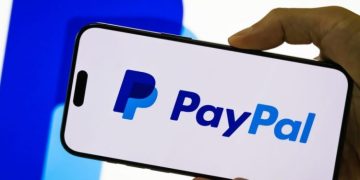Payhippo, a Nigerian fintech once known for helping small businesses with loans, has taken a bold new turn. They are now rebranded as Rivy, the company just secured $4 million in funding to tackle one of Africa’s biggest challenges: clean energy access. This isn’t just a business shift, it’s a mission to power up the continent, one solar panel at a time.
From Small Business Loans to Solar Power: Why Rivy Changed Course
Rivy’s fresh funding, half from investors and half from lenders, was led by EchoVC, a top Nigerian venture capital firm, and Shell’s All On, an impact investor focused on climate solutions. Local lenders also joined in, showing strong belief in Rivy’s new vision.
So, why the big switch? Dami Olawoye, Rivy’s CEO, explains:
When lending to small businesses, one problem kept coming up: there was no reliable electricity. At the same time, solar installers couldn’t afford to buy equipment in bulk. We realized: What if we could solve both problems at once?
That led to Rivy’s solar financing solution, launched in mid-2023. Today, it supports over 250 solar vendors and installers, helping businesses pay for solar systems in flexible installments instead of huge upfront costs.
How Rivy Works
Rivy isn’t just another lender, it’s a two-sided marketplace:
- For solar vendors: They get financing to stock up on equipment.
- For businesses: They can pay for solar systems over time, cutting down on crippling generator costs.
The results speak for themselves:
- $2 million in loans disbursed in 2024
- 15% monthly growth in its loan book
- Less than 1% of loans go unpaid—proving the model works
Businesses can get loans with 12% interest (for three-month terms) and a 30% upfront deposit. And Rivy isn’t stopping at single businesses—it’s now financing micro-grids to power entire communities.
The Bigger Trend
Rivy isn’t alone. Across Africa, fintechs are moving beyond basic loans to solve deeper problems:
- Nigeria’s Aella Credit expanded into healthcare and insurance.
- Kenya’s Branch evolved into a full digital bank.
But energy remains a huge pain point. As Olawoye puts it:
When you do the math, businesses spend way more on generators or high electricity bills. Solar isn’t just cleaner—it’s cheaper in the long run.
What’s Next for Rivy?
With a strong track record in Nigeria, Rivy is eyeing expansion. But growth won’t come from endless investor cash—Olawoye knows sustainability is key:
We can’t keep raising equity forever. Future funding will balance debt and equity to keep growing without diluting shareholders.














